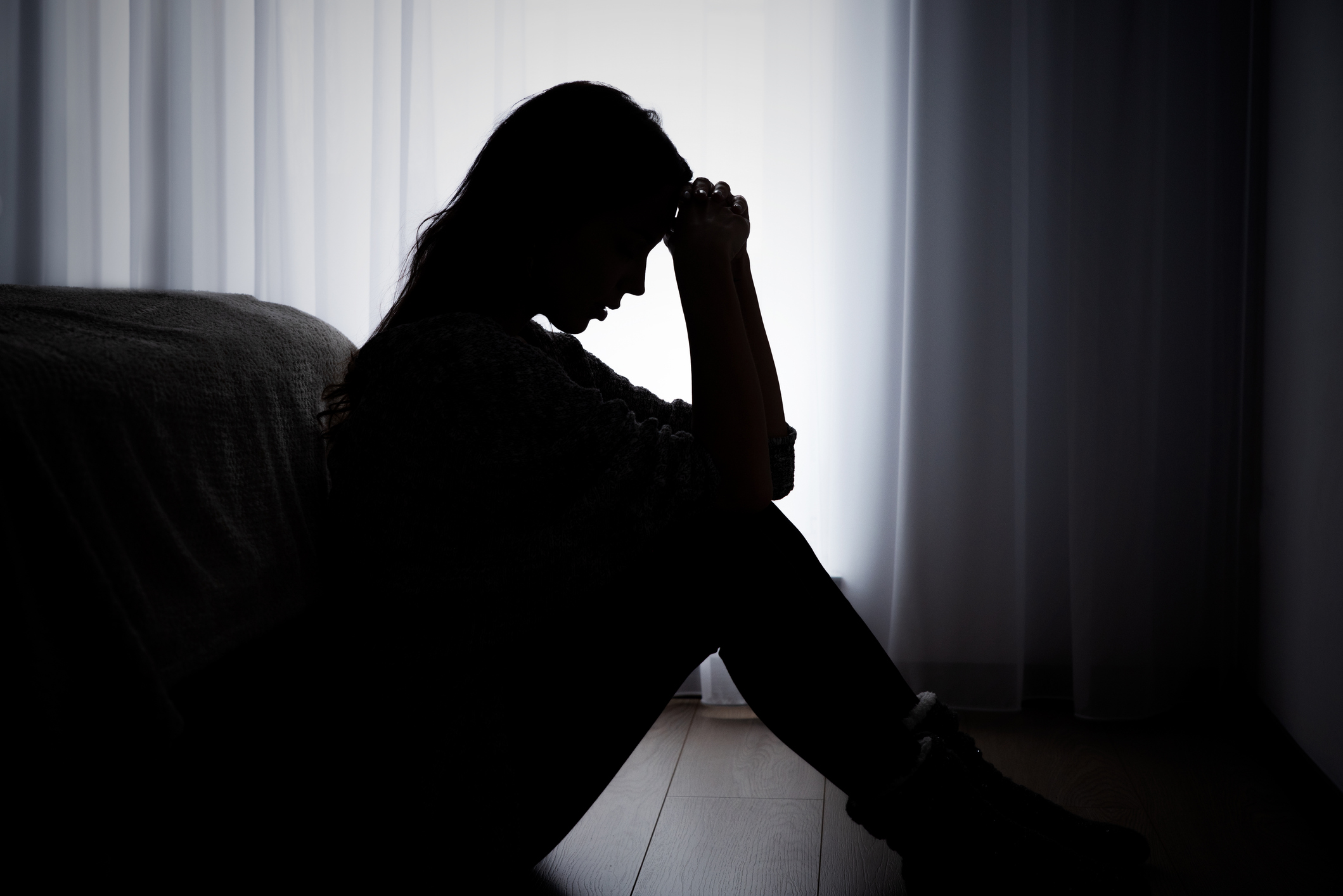Patients who have cancer as an adolescent or young adult (AYA) may have poor mental health years after diagnosis, according to a study published in JNCI Cancer Spectrum.
Researchers found that AYA cancer survivors had more severe depression and anxiety than patients without a history of cancer.
Though increasing time from diagnosis reduced the likelihood of mental health problems, the cancer survivors still had a higher risk of mental health problems than the control group.
This study included data from 639 patients who were diagnosed with cancer as AYAs (ages 15-39) and 29,793 control individuals without a history of cancer. The cancer survivors had a weighted average of 20.5 years since their diagnosis.
The researchers used the Patient Health Questionnaire-8 (PHQ8) and Generalized Anxiety Disorder-7 (GAD7) tools to evaluate the severity of mental health symptoms in the cancer survivors and control individuals.
The mean unadjusted GAD7 score was 2.83 for AYA cancer survivors and 2.04 for the control individuals. The mean PHQ8 score was 3.37 and 2.46, respectively.
In an adjusted analysis, the AYA cancer survivors had significantly higher PHQ8 scores (incidence rate ratio [IRR], 1.42; 95% CI, 1.09-1.84; P <.01) and GAD7 scores (IRR, 1.85; 95% CI, 1.55-2.21; P <.001) than the control individuals.
However, increasing time since cancer diagnosis was associated with a decrease in PHQ8 score (IRR, 0.99; 95% CI, 0.98-0.99; P <.05) and GAD7 score (IRR, 0.98; 95% CI, 0.97-0.99; P <.001).
The researchers also found that AYA cancer survivors were more likely than control individuals to use psychotherapy (odds ratio [OR], 1.91; 95% CI, 1.16-3.17; P <.05) and medications to treat their mental health symptoms (OR, 1.89; 95% CI, 1.15-3.11; P <.05).
However, increasing time since cancer diagnosis was associated with a decrease in the odds of using psychotherapy (OR, 0.96; 95% CI, 0.93-0.98; P <.01) and medication (OR, 0.97; 95% CI, 0.94-0.99; P <.01).
“[O]ur findings of excess anxiety and depression in AYA cancer survivors … decades after a cancer diagnosis call out the need for more investigation of this issue in this at-risk population,” the researchers wrote. “Future research should work to improve adherence to mental health screening and how best to intervene to ensure adequate care for all survivors of AYA cancer.”
Reference
Baclig NV, Comulada WS, Ganz PA. Mental health and care utilization in survivors of adolescent and young adult cancer. JNCI Cancer Spectrum. Published online November 20, 2023. doi:10.1093/jncics/pkad098
This article originally appeared on Cancer Therapy Advisor
